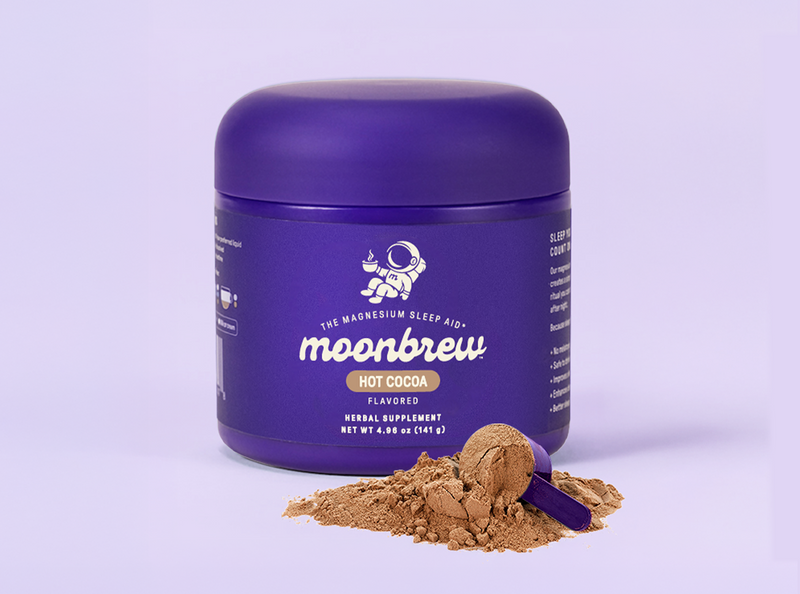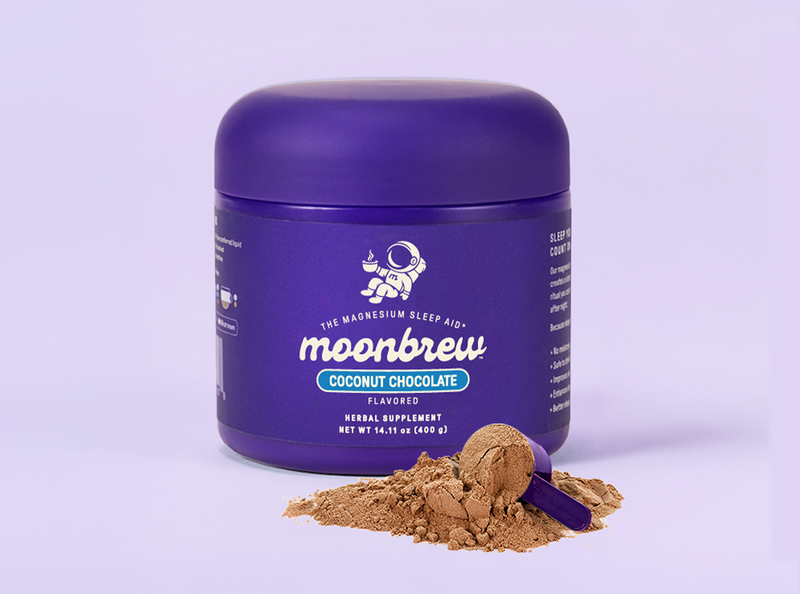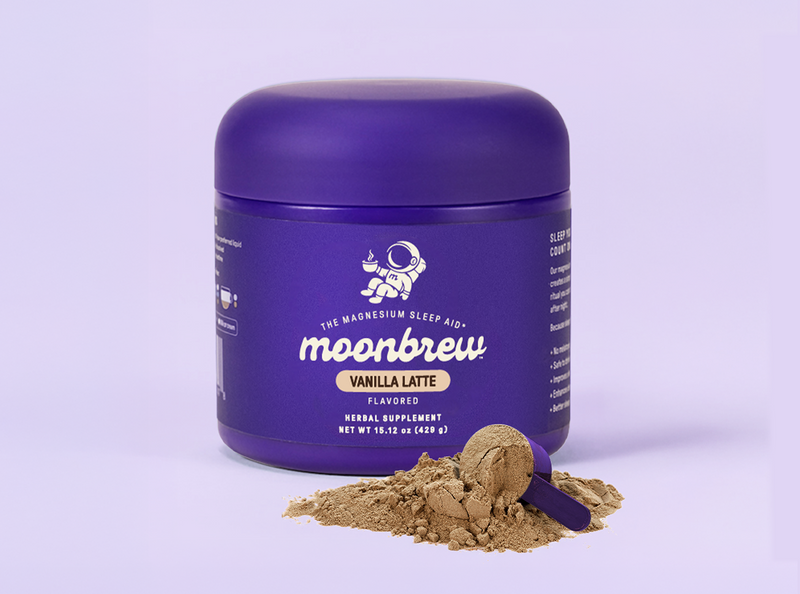“I need my beauty sleep.” This isn’t just something people say, sleep impacts your appearance. Especially your skin.
Bad sleep for one night can cause dark circles and dull your complexion. Luckily, that can all disappear with a good night’s rest. But, chronic sleeplessness can accelerate the aging process, resulting in long-term consequences. Let’s take a deeper dive into the relationship:
The Science Behind Beauty Sleep
Sleep and skin are scientifically connected through the following functions:
- Supports Repair and Regeneration: Sleep provides our bodies with an opportunity to repair and regenerate. As we get older, it becomes even more essential. Aging cells do not regenerate as quickly as they did when we were younger. So sleep also supports cell repair, tissue growth to fill in damaged areas, and promote the formation of new blood vessels.
- Promotes Blood Flow: When we sleep, blood flow to the skin increases, delivering more oxygen and nutrients to the skin. Blood flow is also essential for healing; it flushes out toxins that can cause breakouts and makes skin look vibrant and healthy.
- Regulates Oil Production: Excessive oil production can clog pores, leading to breakouts. Too little oil can lead to dry skin. Sleep regulates oil production, offering the optimal solution.
- Regulates Stress: Stress also contributes to skin problems. Cortisol production can break down collagen, a protein that keeps skin looking plump and vibrant. It can also cause an increase in oil production, leading to breakouts. Sleep regulates cortisol production, which helps maintain the skin's appearance of youth and clarity.
How Poor Sleep Affects Your Skin
To better understand how sleep affects the skin, let's compare the ‘sleep face’ versus the ‘no-sleep face.’
Moisturizing Effects
- Sleep Face: Dewy, youthful glow
- No-Sleep Face: Dry skin, prone to aging
- The reasoning: Sleep supports the skin’s barrier, helping to lock in moisture. A study published in the Journal of Cosmetics, Dermatological Science, and Applications found that a lack of sleep can impair the skin’s barrier, leading to loss of hydration, which can cause other issues, such as advanced aging, eczema, and rosacea.
Revitalizing Effects
- Sleep Face: Bright, glowing complexion
- No-Sleep Face: Ashy and dull
The Reasoning: A 2023 study reveals that a lack of sleep leads to skin yellowing, contributing to a dull appearance. Researchers found that certain compounds in the skin that contribute to yellowing increase in concentration with reduced sleep.
Under-Eye Effects
- Sleep Face: Smooth, even-toned skin
- No-Sleep Face: Dark circles under eyes
The Reasoning: A lack of sleep may cause your skin to become dull and pale, making blood vessels in your thin under-eye skin more visible. Sleep deprivation may also lead to fluid accumulation under the eyes, resulting in dark shadows and puffy eyelids.
Skin Elasticity
- Sleep Face: Plump, firm, and youthful
- No-Sleep Face: Saggy and baggy
The Reasoning: A lack of sleep can lead to chronic stress. The elevated cortisol levels lead to inflammation that interferes with nighttime repair. Collagen (a protein that contributes to skin’s structure) breaks down, reducing elasticity and causing sagging, bagging, and wrinkles.
Sleep Tips for Better Skin Health
Sleep tips (like relaxing before bed and creating a soothing bedroom environment) help you get better sleep, so you wake up looking and feeling your best. However, there are additional tips that will enhance your complexion overnight. Here are some to consider.
- Use a Silk Pillowcase: A silk pillowcase reduces friction, potentially reducing wrinkles that may form while you sleep. And it sucks less moisture from your skin than cotton.
- Sleep on Your Back: We all have a favored sleeping position, but back sleeping may be best for your skin, as it reduces friction and pressure that can contribute to wrinkles.
- Hydrate Before Bed: Drink a glass of water before bed and leave one by your bedside to wake up with dewy-looking skin.
- Avoid Caffeine and Alcohol Before Bed: Caffeine and alcohol do more than interfere with the sleep process. They also dehydrate skin, robbing it of its natural moisture and producing aging effects.
- Consider a Night Time Sleep Routine: Wash your skin thoroughly before bed to avoid clogged pores. Follow up with a moisturizer that your skin can absorb while you sleep.
Why MoonBrew Is Your Skin’s Secret Weapon
Moon Brew is an ideal supplement because it promotes sleep and provides skin benefits, offering a range of healthful ingredients.
- Magnesium: Magnesium supports sleep by calming the nervous system, promoting muscle relaxation, and regulating sleep hormones. It also benefits skin, playing a vital role in collagen production, minimizing inflammation, helping retain moisture, and reducing acne and redness.
- Adaptogens: Adaptogens help the body, including the skin, adapt to stress. They are also packed with antioxidants that protect their skin from free radicals. Adaptogens may support the skin’s barrier, reduce inflammation, improve skin tone, and support collagen production.
- Chamomile: Chamomile’s soothing properties do more than benefit sleep. It also soothes the skin, providing anti-inflammatory effects and aiding with healing and regeneration.
- Zinc: Some studies indicate zinc may benefit sleep. It is also an effective acne treatment, aids in wound healing, protects against UV rays, and possesses anti-aging properties. It may help hydrate, moisturize, and reduce hyperpigmentation.
- Jujube Seed: Jujube seed is known for its sedative effects. Its antioxidant properties also protect skin from damage, reduce inflammation, and promote brightness and healing.
Mix up some MoonBrew before bedtime and look forward to waking up with clearer, healthier skin.
Final Thoughts: Sleep Your Way to Better Skin
For years, people have spent a fortune to reverse the signs of aging and get youthful skin. Could getting a good night’s sleep be the secret all along? Try MoonBrew and discover for yourself.
Browse our website and improve your skin health with MooBrew




